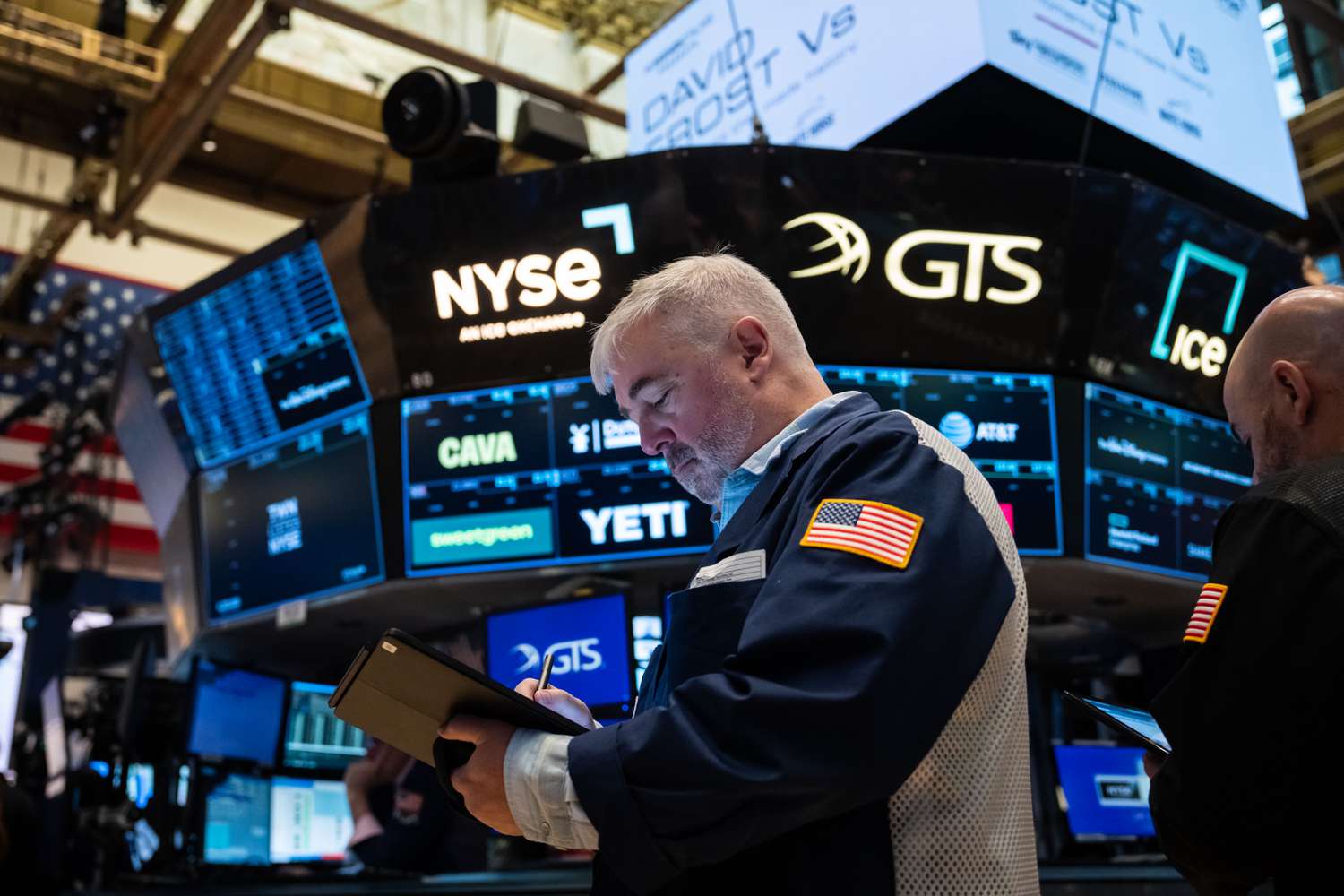What to worry about in the global financial market?
Many fear that equities are in a bubble; or at least the tech-heavy AI-dominant part of the US equity market. That might be the case and if the bubble bursts now, or in the future, it will create a good deal of angst.

Many investors are worry about AI-related stock bubble
However, many analysts think that the greatest angst should be saved for the government bond markets, not stocks, and that might sound surprising given that bond markets are very calm at the moment.
Steven Barrow, Head of Standard Bank G10 Strategy doesn’t know whether markets are in a bubble that’s about to burst any more than anyone else. Instead, what he is focused on is the economic and financial spillover from any slump in stocks compared to what could happen if US government bond markets really crack. His conclusion is that we should be more worried about bonds than stocks. One reason for this view relates to the reason why AI-related stocks could be in a bubble that pulls down the whole market.
In Steven Barrow’s view, the elevated level of these stocks reflects the fact that the market understandably finds it very difficult to price the advent of new and exciting technology. That was the case with the internet during the dot-com bubble, and it will likely be the same now. Many, or even all, AI-related companies may find their valuations rise too high relative to their profit flow from the new technology and many, if not all, will likely make investments that ultimately prove uneconomic.
In other words, a bubble-type situation is almost inevitable. But what would be the cost of this outcome? Clearly stock investors could be hit hard, and in countries where stock-related wealth accumulation has mushroomed through the boom, the wider impact on the economy could be notable. There might be wider financial market repercussions into other sectors, such as private equity. All told, it won’t be a pretty sight.
However, at least if it were bad, policymakers would probably respond with rate cuts and/or quantitative easing to complement safe-asset demand for government bonds and so produce much lower yields. This, in turn, could help equities to recover. Indeed, the history of equity crashes has mostly seen prices snap back quickly. Many investors will see this occurring again, and their bottom-fishing could limit the extent, longevity, and adverse economic connotations of an equity market slump.
Compare this with financial turmoil that is rooted in government bond markets, not stocks. A bond market slump would be an altogether far more serious issue. For a start, it would not be seen as the—almost rational—bursting of a bubble as with stocks, because there has not been a bubble in bonds in the first place.
Besides, a crisis here would likely reflect a number of concerns that have been swirling around the market for some time now. These include excessive government debt increases, particularly in the US, and associated concerns about debasement as the Fed is pressured to ease policy. Fears of financial repression could increase, along with these financial risks, particularly if the US Administration’s stablecoin drive creates some of the financial problems that those outside the US are warning about.
Another point is that significant strains in the bond market might prove less easily solved by expansionary monetary policy. For in a bond market meltdown the central bank could still buy bonds as part of a quantitative easing response, but investors will presumably be far more wary of following suit than they would be if it were stocks that were imploding.
“The bottom line is that we’re not making a judgement here about whether stocks or government bonds are at greater risk of significant weakness. Just looking at where markets are priced it would seem that weakness in stocks is more likely than bonds. However, as we’ve argued, we would be far more concerned if it were bonds that were on the end of investors’ ire”, said Steven Barrow.








